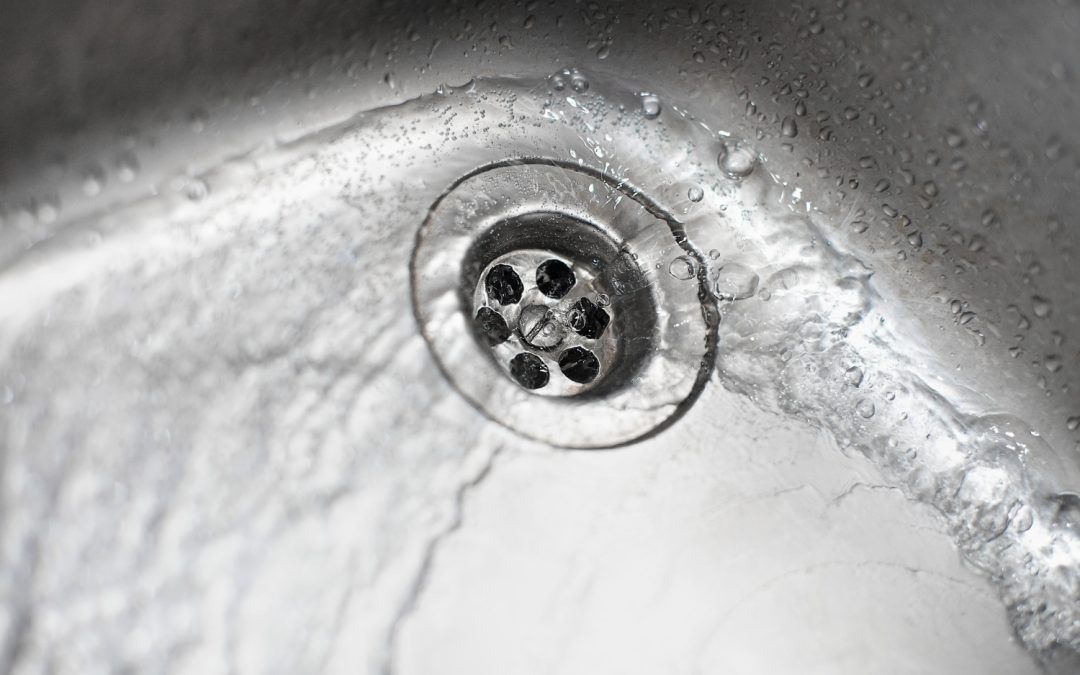Dealing with a blocked drain can be a frustrating experience, especially when trying to avoid harsh chemicals. As concerned plumbing experts dedicated to both our customers’ well-being and environmental sustainability, we at our company are here to guide you through effective, natural methods to clear your drains safely and efficiently. The key to overcoming this common household issue lies in understanding the type of blockage, using the right tools, and taking some proactive measures to prevent future clogs.
Our extensive experience in plumbing has taught us that not all blockages require aggressive chemicals to be resolved. Simple tools and techniques often suffice to maintain the health and functionality of your plumbing system. By choosing to address clogs with more natural methods, you not only protect your own health but also contribute to the well-being of our planet. In this guide, we’ll share how we tackle these challenges without resorting to harmful substances, providing you with practical advice that you can easily apply in your own home to keep those pipes clear and running smoothly.
Identifying the Type of Blockage You’re Dealing With
When faced with a clogged drain, the first step is to determine what’s causing the blockage. This crucial step ensures that we can choose the most effective method to resolve the issue without causing damage to your plumbing. Organic materials such as hair, soap residue, and food scraps are the most common culprits in residential settings. In contrast, commercial drains may be obstructed by grease, foreign objects, or even mineral build-up. By identifying the nature of the blockage, we are better equipped to tackle the problem efficiently. We use various diagnostic tools, including plumbing snakes equipped with cameras, to visually inspect and identify the exact nature of the clog. This targeted approach allows us to solve your plumbing issues quickly and with precision.
The Best Tools for Chemical-Free Clog Removal
Seeking a solution to a blocked drain that does not involve harsh chemicals? We are here to provide eco-friendly options that effectively clear blockages without the risk of damaging your pipes or harming the environment. One of the most effective tools we use is a plumbing snake, also known as a drain auger, which manually removes clogs by reaching deep into the pipes. For tougher blockages, a plunger can sometimes be used to create pressure that helps dislodge whatever is stuck. Another highly effective tool is a hydro jet, which uses high-pressure water to blast away blockages and build-up inside the pipes. These methods are not only safer for your plumbing and the environment but also enhance the longevity and performance of your plumbing systems. By opting for these efficient and sustainable methods, we ensure that your plumbing issues are resolved without resorting to potentially hazardous chemicals.
Step-by-Step Guide to Manually Clearing Your Drain
Clearing a drain manually often sounds daunting, but with the right tools and a bit of guidance, it can be straightforward. First, prepare by wearing gloves and having a bucket on hand to catch any water or debris. Begin by using a plunger to loosen the clog. Position it over the drain hole, ensuring a tight seal, and use forceful, quick plunges to dislodge the blockage. For deeper clogs, we employ a plumber’s snake. Insert the head of the snake into the drain and turn it clockwise. As you push further, the snake will latch onto the debris, allowing you to pull it out when you retract the snake. Repeat this process until the water begins flowing smoothly. Lastly, run hot water through the pipes to clear out any remaining residue. This manual approach avoids the use of chemicals, preserving both your pipes and the environment.
Preventive Measures to Keep Drains Clear Naturally
Routine maintenance is key to preventing future clogs and maintaining clear drains naturally. We recommend using hot water flushes weekly. Simply pour boiling water down the drain to help dissolve and dislodge any beginning accumulations of oils and other substances. Another preventive step is to use a mixture of vinegar and baking soda monthly. Pour half a cup of baking soda, followed by half a cup of vinegar, into the drain. The mixture will foam; after letting it sit for an hour, flush the drain with hot water. This natural reaction helps break down buildups and keeps odors at bay. Additionally, installing drain strainers in sinks can prevent larger debris from entering the pipes. Routine adherence to these simple, natural methods will significantly decrease the likelihood of clogs and the need for intensive plumbing interventions.
Conclusion
As homeowners or property managers, understanding and implementing these essential plumbing practices can save you from the hassle and expense of emergency repairs. By identifying clogs early, using the right tools for safe removal, and employing natural preventative measures, you ensure that your plumbing systems operate efficiently and last longer. Should you face a plumbing challenge that goes beyond DIY fixes, remember professional help is just a call away.
For professional advice or assistance with any plumbing needs, reach out to us at Midlothian Plumbing. Whether it’s routine maintenance or emergency plumbing repair, we’re here to support all your plumbing requirements. Let’s ensure your plumbing system is always running smoothly.


